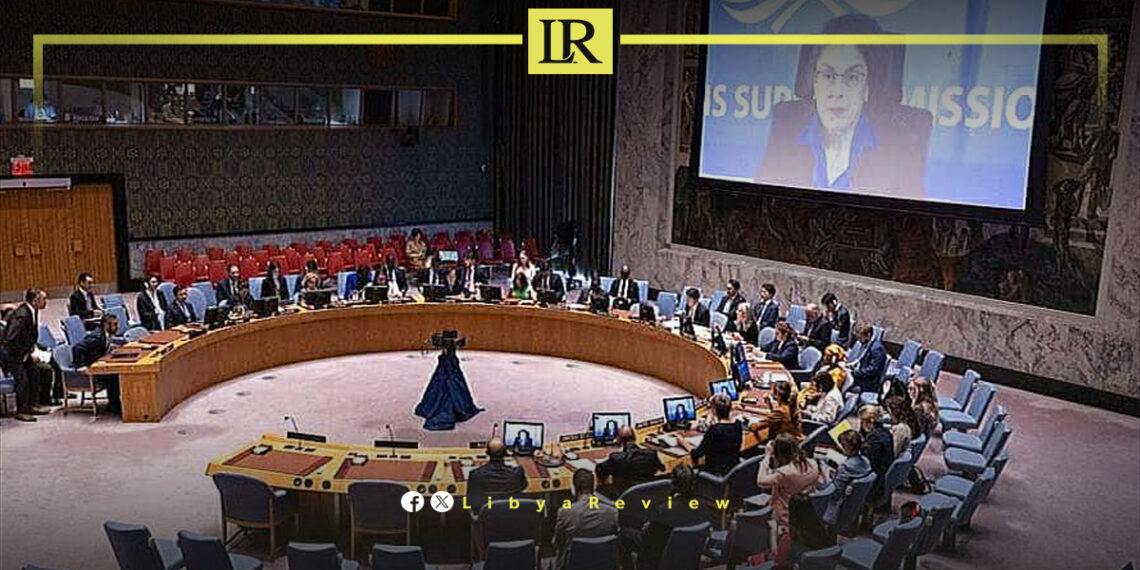The United Nations Acting Envoy to Libya, Stephanie Khoury, has outlined a new vision aimed at resolving the prolonged political crisis in Libya. Speaking before the UN Security Council, Khoury presented a carefully timed initiative that seeks to address the country’s deepening political and institutional challenges, as international concerns over Libya’s stability intensify.
Khoury unveiled plans for a temporary advisory committee, composed of Libyan experts and public figures, tasked with resolving critical unresolved issues—most notably the long-delayed elections, now overdue by more than three years. She emphasized that the committee is not meant to make decisions but to propose pathways that pave the way for national consensus.
“The success of this initiative hinges on the full engagement of all Libyan parties,” Khoury stated, adding that any new government must ensure security and stability nationwide. She described the advisory body as a precursor to national elections, which she underscored as the only viable route to restoring legitimacy in Libya.
Khoury also urged Libyan stakeholders to reach an agreement on mechanisms for public spending and the 2025 general budget, warning that delays would worsen the crisis. She stressed the need for an inclusive process, cautioning that the exclusion of any political factions would undermine these efforts.
In her closing remarks, Khoury reaffirmed the United Nations’ unwavering support for the Libyan people in their pursuit of peace and stability. “We must ensure that the upcoming initiatives leave a lasting legacy of political and economic reform,” she said.
The question remains: can the United Nations overcome the entrenched political stalemate that has gripped Libya for years? While Khoury’s comprehensive plan offers hope, its success largely depends on the willingness and ability of Libyan factions to set aside their differences and engage in meaningful dialogue.
Achieving Libyan unity and restoring stability is an urgent demand of the Libyan people, who are yearning for tangible steps toward building a state that safeguards their rights and future. All eyes now turn to whether Khoury’s plan can deliver the long-awaited breakthroughs that Libya so desperately needs.


